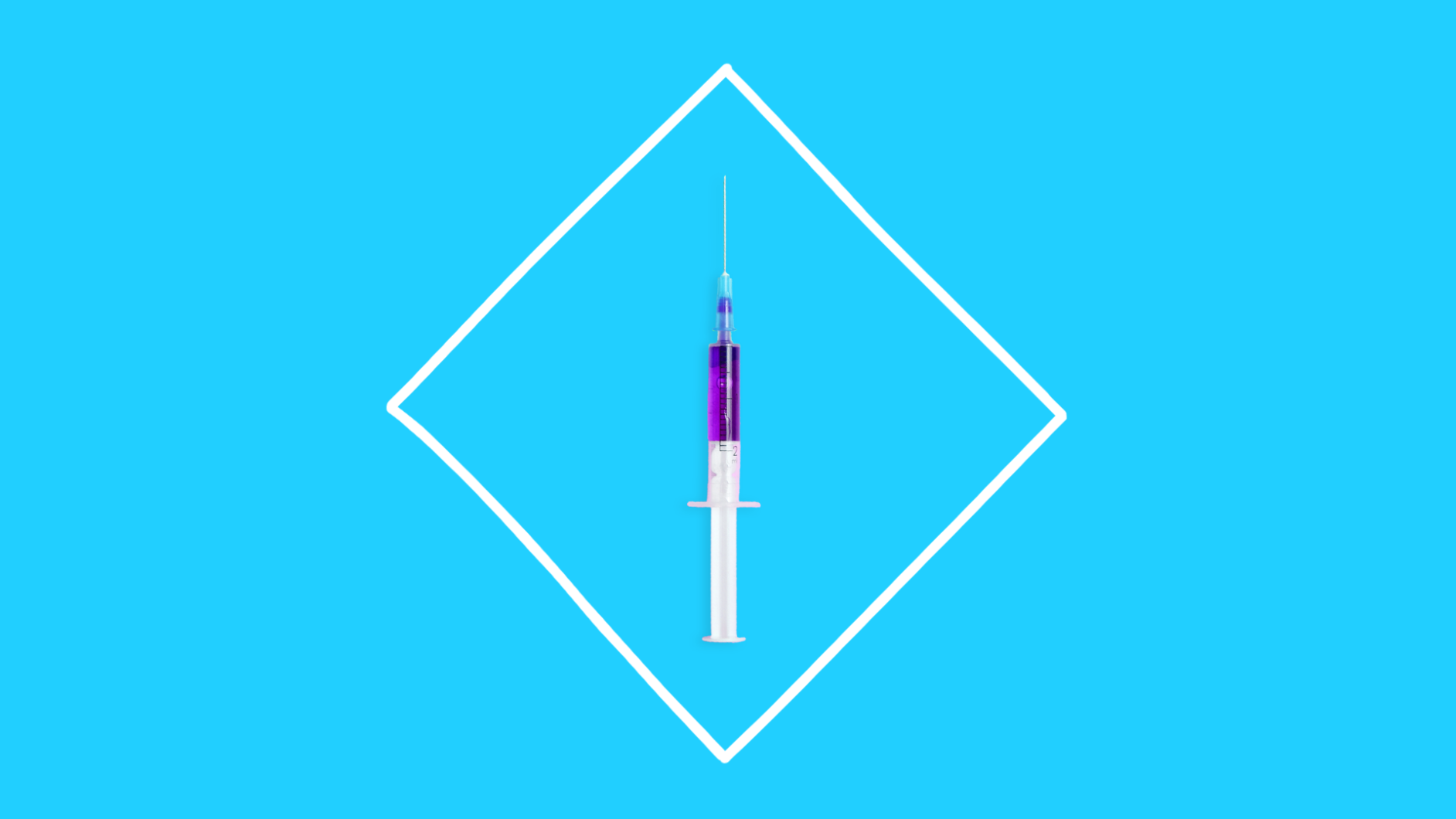Chances are, you either received a measles vaccine or had measles as a kid. But measles outbreaks across the United States —over 1,200 measles cases in 31 states in 2019, according to the Centers for Disease Control and Prevention (CDC)—have left some people concerned about the status of their measles immunity. Fortunately, booster shots are available for those who need them, and some adults do require another dose. Are you a candidate for a measles-mumps-rubella vaccine (MMR vaccine)?
What is MMR?
The measles vaccine works by triggering a response from the immune system to create antibodies against three viral infections: measles, mumps, and rubella.
Symptoms of the measles virus include a gradual fever, a rash of raised red spots, and raised blue-white spots in the mouth. The most obvious symptom of the mumps virus is swelling in the salivary or parotid glands. Symptoms of rubella include a mild face rash, swollen glands and joints, and a low-grade fever.
Complications of these viruses are serious and range from pneumonia, hearing loss, convulsions, premature birth or birth defects to sometimes death. Fortunately, they are all vaccine-preventable diseases. If you’re unsure whether you need an MMR booster, use our guide below to find out.
Who needs a measles booster?
If you were born prior to 1957, you probably don’t need to rush to your healthcare provider’s office for a shot, says John M. Townes, MD, medical director for infection prevention and control at Oregon Health and Science University in Portland, Oregon.
“Birth before 1957 is considered evidence of immunity,” says Dr. Townes. “Measles is so contagious that (at the time) virtually everyone got it.”
For anyone younger, evidence of immunity (which is essentially documentation that you either had the virus or received MMR vaccinations) might not be so simple.
If you received a measles vaccination between 1963 and 1967, two vaccines were available: a live attenuated vaccine and an inactive vaccine. The inactive vaccine was not as effective, says John Lynch, MD, of Harborview Medical Center’s Department of Infection Prevention and Control in Seattle. Unfortunately, most people don’t know which one they received. If you fall into this category (or think you might but aren’t certain), he recommends talking to your doctor about whether another immunization is prudent. Another option, he says, is to get your antibodies checked. This is a simple blood test (aka titer) that will tell you whether you are immune to measles. If the answer is no, you’ll need to be re-immunized, Dr. Lynch explains.
Post-1967, the inactive vaccine ceased to exist—meaning all children received the more effective, live vaccine. However, up until 1989, only one dose of MMR was required, says Dr. Townes. At that point, the CDC started recommending two doses of MMR vaccines (the first dose given at 12-months of age followed by an additional dose between the ages of 4 and 6) because it increased effectiveness from 93% to 97%. Therefore, there is a chance that some individuals vaccinated before 1989 lack full immunity. But this isn’t a sure thing—many pre-1989ers are perfectly fine because either the initial shot did the trick or because they received a second dose of the MMR vaccine at some point anyway (prior to going to college, for example).
Still not sure what to do? The best course of action is to access your immunization records, says Bryan Goodin, employee health manager for Legacy Health in Portland, Oregon. Depending on when you were immunized, your doctor may have them. And most states maintain an immunization registry as well.
Other risk factors
Finally, experts emphasize that while age and year of vaccination are certainly telling, they are not the only factors to consider when deciding whether a booster dose is needed.
“High-risk groups need to have (or show they have had) a second dose,” explains Dr. Townes. According to the CDC, these healthcare workers, international travelers, and women of childbearing age who intend to become pregnant have an increased risk of contracting the viruses.
If you can’t find your records and aren’t up for titers, another option is to just go ahead and get the shot. “It is perfectly safe and acceptable to repeat the vaccine,” Goodin says.
Side effects of the MMR booster are minor and include injection site irritation, joint stiffness, fever, and a mild rash. Although rare, an allergic reaction is possible so do not get an MMR vaccine if you are allergic to neomycin.
What other boosters do adults need?
The CDC recommends the following vaccines for adults and seniors:
- Human papillomavirus (HPV)
- Influenza
- Pneumonia
- Shingles
- Tetanus, diphtheria, and pertussis booster (every 10 years)
If you’re in a high-risk group you may need vaccinations for hepatitis or meningitis as well. Find out which vaccines you can save on using SingleCare here.











